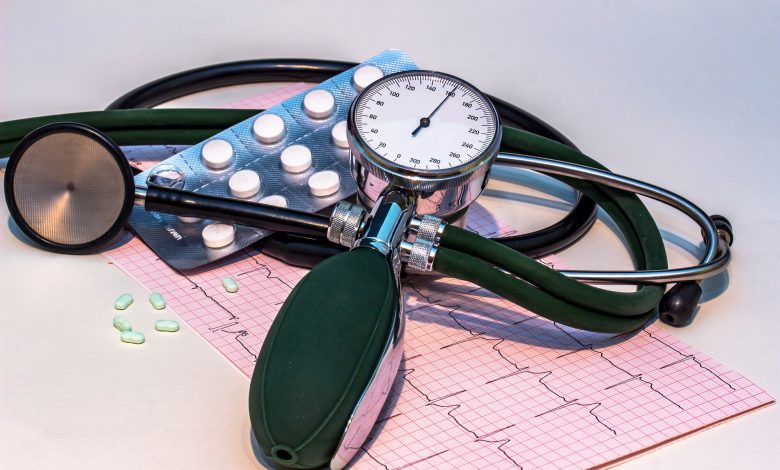3 Common Blood Pressure Problems And How To Avoid Them

Did you know that normal blood pressure (BP) is less than 120/80 mmHg but not lower than 90/60 mmHg?
The first number before / is systolic BP, while the second, after /, is diastolic BP. Both are crucial, so if either goes outside the normal range, it only means something is wrong.
We’ll give you an overview of the most common blood pressure problems in this guide, so be sure to read on.
1. High Blood Pressure (Hypertension)
In the US, hypertension is the most common of all blood pressure issues, affecting close to half of adults. What’s more, nearly 80% of these patients need medications on top of lifestyle changes. In these patients, the blood pressure consistently reaches 130/80 mm Hg or even higher.
If you have high blood pressure problems, it’s imperative to see a cardiologist right away. Cardiologists are doctors who specialize in disorders of the heart and blood vessels. As such, they can help in the diagnosis, management, and treatment of hypertension.
Your cardiologist is likely to tell you to reduce your salt and saturated/trans fat intake. Your doctor may also recommend cutting back on alcohol and tobacco use. You may also have to undergo a weight loss program through exercise and diet.
Depending on the severity of your hypertension, you may have to take medications, too. This would likely include a thiazide diuretic, which is often the first line of treatment.
It’s also vital to note that hypertension can raise your risks of heart failure. One way to keep track of this is through daily heart failure weight gain monitoring. So, if you gain at least one pound per day within three days, let your doctor know right away.
2. Low Blood Pressure (Hypotension)
Hypotension occurs when the blood pressure dips below 90/60 mmHg or lower. In some cases, it’s only temporary and doesn’t cause symptoms at all. It’s also not as common as hypertension, but it still affects an estimated 17% of people worldwide.
In many cases, dehydration can cause acute hypotension. That’s why it’s vital to drink at least 2 liters (for women) to 3 liters (for men) of fluids every day. You should also increase that during summer, if you perspire a lot, or do heavy work.
If you consistently have low blood pressure, though, your doctor may have to give you IV fluids. These substances can help boost your blood pressure.
3. Wide Pulse Pressure
Pulse pressure is the difference between your systolic and diastolic blood pressure. Since normal blood pressure is 120/80 mmHg, then normal pulse pressure is around 40 mmHg. Thus, a significantly higher or lower difference may indicate wide pulse pressure.
Having wide pulse pressure may be a sign of severe iron deficiency anemia. It may also signal hyperthyroidism, aortic stiffening, or valve regurgitation.
Either way, please see your doctor if you always get wide pulse pressure readings. This way, your doctor can run tests to check for any underlying condition.
Be On the Lookout for These Blood Pressure Problems
Keep in mind that untreated blood pressure problems can cause severe heart damage. This is especially true for high blood pressure, which can precede heart failure by 14 years. Heart failure, in turn, is deadly, which is why you’d want to prevent BP issues in the first place.
So, as early as now, eat healthier, move more, drink less, and quit smoking. Be sure to check in with a cardiologist, too, especially if you think you have blood pressure woes.
Want to know more secrets to healthy living? Browse our latest informative blog posts then!
Read Also: What Does Memory Care Consist Of?





